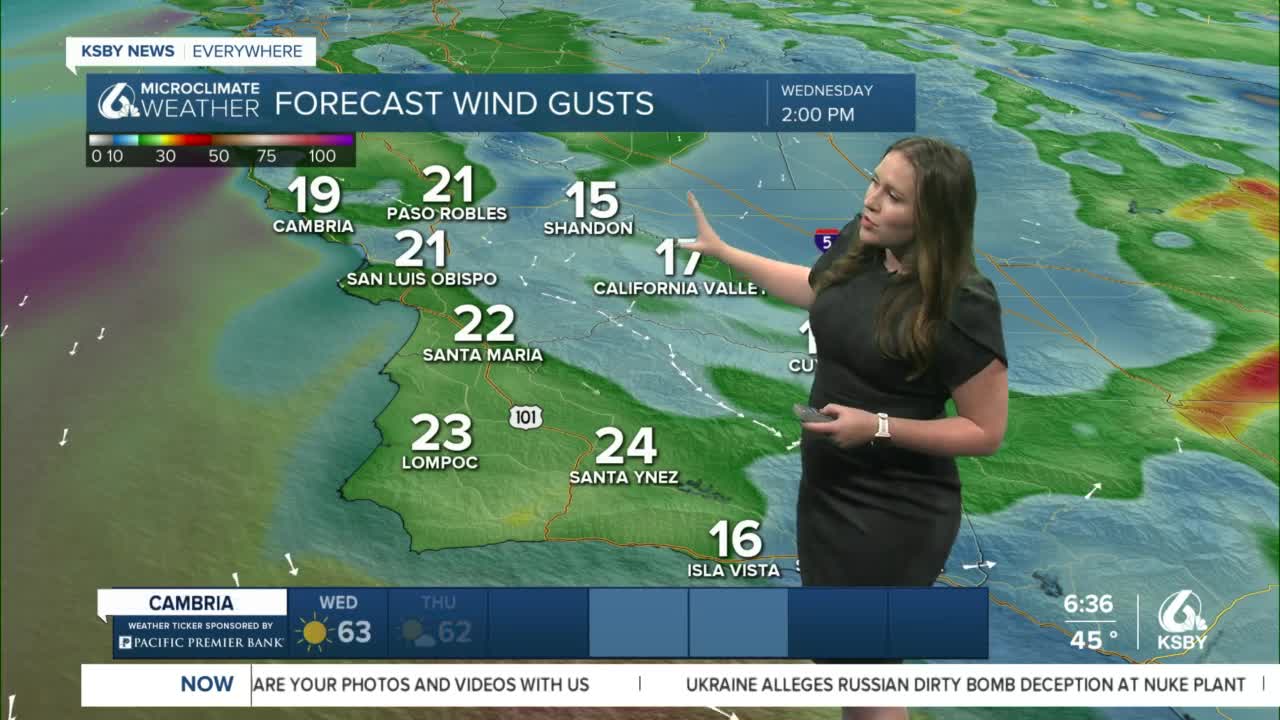New Jersey Transit Strike Averted: Tentative Deal Reached With Engineers Union

Table of Contents
Keywords: New Jersey Transit, NJ Transit strike, engineers union, tentative agreement, commuter rail, transportation, labor negotiations, New Jersey, public transportation, transit workers, improved benefits package, enhanced retirement plan, fair labor practices, NJ Transit updates, transit news, avoiding future NJ Transit strikes
A sigh of relief swept across New Jersey this week as a tentative agreement was reached between New Jersey Transit (NJ Transit) and the engineers' union, averting a potentially devastating strike that threatened to cripple the state's vital commuter rail system. The deal, the details of which are still being finalized, marks a significant victory for both sides and ensures the continued smooth operation of NJ Transit, a lifeline for hundreds of thousands of daily commuters.
Key Details of the Tentative Agreement
The tentative agreement represents a compromise reached after weeks of intense negotiations. Both NJ Transit and the engineers' union made significant concessions to arrive at this crucial agreement.
- Salary Increases: The agreement includes a substantial salary increase for engineers over the life of the contract, averaging approximately 4% annually. This addresses a key concern regarding fair compensation for skilled transit workers.
- Improved Benefits Package: The engineers will receive an enhanced benefits package, including improvements to their healthcare plan and a more generous retirement plan. These enhancements aim to improve employee morale and retention.
- Enhanced Retirement Plan: Specific details are still being finalized, but the improved retirement plan is expected to provide significantly better benefits for retiring engineers, addressing a major sticking point in the negotiations. This includes improved pension contributions and increased vesting schedules.
- Workload Adjustments: The agreement includes provisions aimed at improving work-life balance, addressing concerns over excessive workloads and improved staffing levels. This may include changes to overtime policies and the distribution of assignments.
- Contract Duration: The tentative agreement covers a period of four years.
The implications of these concessions are far-reaching. The improved benefits package and increased salaries should help attract and retain skilled engineers, leading to a more efficient and reliable transit system. The adjusted workload promises to improve job satisfaction and productivity.
Impact on NJ Transit Commuters
The averted strike is a tremendous relief for the hundreds of thousands of commuters who rely on NJ Transit daily. A strike would have caused widespread disruption, including:
- Massive Delays: Significant delays and cancellations of train services would have impacted commutes, leading to massive delays and potential tardiness for work and other appointments.
- Overcrowded Buses and Rideshares: Commuters would have been forced to seek alternative transportation, resulting in overcrowded buses and a surge in demand for ride-sharing services, driving up costs.
- Economic Disruption: The strike would have severely impacted the New Jersey economy, causing widespread disruptions to businesses and productivity.
The averted strike has undoubtedly eased the concerns of millions and ensured that the state's essential transportation network will remain operational. While the agreement may impact fares or service levels in the future, the immediate relief to the commuters is invaluable.
The Negotiation Process and Key Players
The negotiations were intense and involved several key players:
- Union Leadership: Representatives from the engineers' union played a crucial role in advocating for their members' interests throughout the negotiation process.
- NJ Transit Management: NJ Transit's management team worked to find a balance between the union's demands and the agency's budgetary constraints.
- Government Officials: State government officials likely played a mediating role, offering support to facilitate the agreement.
The negotiations proceeded through several phases, marked by periods of intense debate and several near misses before a tentative agreement could be reached. While specific details remain confidential, sources indicate that disagreements over retirement benefits and workload were among the major sticking points that threatened to derail the talks.
Looking Ahead: The Future of NJ Transit and Labor Relations
This agreement sets a precedent for future labor relations at NJ Transit. The long-term implications include:
- Financial Impact: The increased salary and benefits will undoubtedly impact NJ Transit's budget, potentially leading to adjustments in service or fares in the future.
- Future Labor Disputes: While this agreement avoids a strike this time, it doesn't guarantee that future labor disputes with this or other unions won't occur. Open communication and proactive negotiation will be essential.
- Broader Context: This situation reflects the ongoing challenges faced by public transportation agencies across the country in balancing the needs of their employees with the financial realities of providing essential services.
Preventing future strikes requires proactive measures, such as improved communication, early engagement in negotiations, and a commitment to fair labor practices from both sides.
Conclusion
The tentative agreement between NJ Transit and the engineers' union marks a significant victory, averting a potentially disastrous strike that would have severely disrupted the lives of countless commuters and negatively impacted the New Jersey economy. The concessions made by both parties reflect a commitment to finding common ground and prioritizing the needs of the state's residents. To stay updated on the finalization of this agreement and any subsequent developments regarding NJ Transit and labor negotiations, subscribe to our email alerts or follow us on social media for the latest NJ Transit updates and transit news. Let's continue working together to avoid future NJ Transit strikes.

Featured Posts
-
 I Kroyz Azoyl Toy Giakoymaki Ston Teliko Toy Champions League
May 20, 2025
I Kroyz Azoyl Toy Giakoymaki Ston Teliko Toy Champions League
May 20, 2025 -
 Restaurant Panoramique Biarritz Le Rooftop Des Galeries Lafayette Rencontre Imanol Harinordoquy And Jean Michel Suhubiette
May 20, 2025
Restaurant Panoramique Biarritz Le Rooftop Des Galeries Lafayette Rencontre Imanol Harinordoquy And Jean Michel Suhubiette
May 20, 2025 -
 Breezy And Mild Your Guide To Ideal Weather Conditions
May 20, 2025
Breezy And Mild Your Guide To Ideal Weather Conditions
May 20, 2025 -
 Biarritz Hommage Aux Femmes A L Occasion Du 8 Mars
May 20, 2025
Biarritz Hommage Aux Femmes A L Occasion Du 8 Mars
May 20, 2025 -
 Todays Nyt Mini Crossword April 2nd Answers
May 20, 2025
Todays Nyt Mini Crossword April 2nd Answers
May 20, 2025
